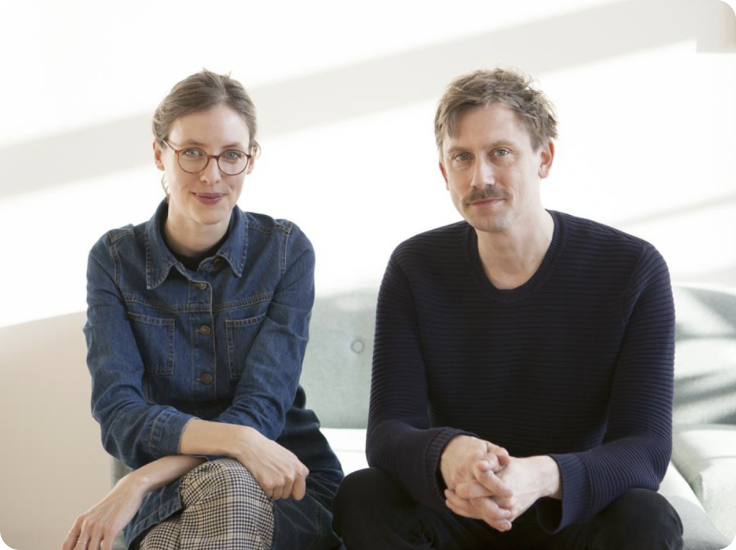

Searching for a therapist in Berlin Friedrichshain? As the birthplace of It's Complicated, Berlin embodies the inclusive and diverse values that define our community. We've streamlined the process of finding mental health professionals in Berlin Friedrichshain, offering easy online booking, customizable search filters, and a curated list of Berlin's top therapy services, both online and in person. At the core of It's Complicated is a commitment to both accessibility and inclusivity, recognizing the importance of choosing a counsellor who reflects your identity and needs. We've simplified the journey of finding a therapist who matches your specific criteria. Want to learn more about therapy in Berlin? Explore this blog post on finding a therapist in Berlin.
If you have particular preferences for your therapist, you can take advantage of our integrated search filters to discover the best match for you. Look for therapists in Friedrichshain who speak German or English by selecting your preferred language in our directory, or filter by gender identity, religion, ethnicity, sexual orientation, and therapy style. If you need further assistance finding the right therapist in Berlin Friedrichshain, It's Complicated provides a free matching service, where our team will help connect you with a therapist that meets your individual preferences. Reflecting Berlin's rich diversity, It's Complicated offers not just mainstream therapy methods such as CBT or psychoanalysis, but also more specialized therapy forms like:
More than ever, now is the time to take care of your mental health. Whether you're looking to improve your life through therapy, we offer both online and in-person sessions in almost 100 languages. With over 2,500 accredited mental health professionals from 80+ countries, including Germany, it's easy to connect with a psychologist in Berlin Friedrichshain. You can also find therapists in nearby districts like Mitte, Neukölln, Pankow, or search through our Berlin directory.